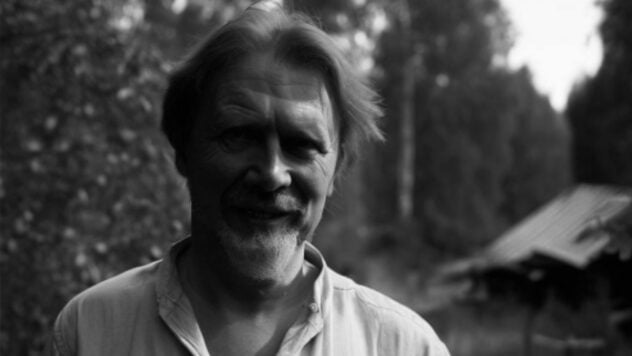For a year in Russia, supporters of war against Ukraine admired the poetry of propaganda writer Gennady Rakitin.
His odes to dictator Vladimir Putin and emotional poetry received many positive reviews on Russian platforms. The British newspaper The Guardian writes about this, noting that Rakitin was even mentioned at poetry awards in the Russian Federation.
Russians admired translations of Nazi poetry
But, as the newspaper notes, Rakitin's persona turned out to be fake and a prankster's hoax, and the 18 poems published under his name were actually Russian translations of Nazi poems written in the 1930s and 1940s.
Now watching
One of them, called The Leader, published with a photograph of Putin, was originally titled Führer and was written by pro-Nazi writer Eberhard Möller in the late 1930s. Another, an ode to the Nazi storm troops, was translated into Russian and linked to the terrorist organization PMC Wagner.
Rakitin was invented by a group of anonymous activists who wanted to demonstrate that so-called Z-propaganda has more than just a faint echo of fascism.< /p>
— We read collections of Z-poetry and saw outright Nazism there. We suspected that Nazi Germany probably wrote exactly the same things, and it turned out that we were right, — said a group of pranksters on the condition of anonymity in a comment to The Guardian.
They added that all the poems they found that glorified the Nazis fit perfectly into the modern Russian context. Although in some verses the mention of Germany was replaced by Russia, one verse was left unchanged with an exact translation.
The authors of the project noted that this demonstrates that the ideas of Nazi Germany are close to the ideas of modern Russia, even if Russia claims to be fighting Nazism.
— In cultural terms, this shows that there is no renaissance of Russian culture, as the authorities claim, but only its degradation, — they noted.
Two published photographs of Rakitin were generated by artificial intelligence, the authors claim. Despite this, many Russian politicians were added as friends to the writer on the Russian VKontakte network.
Also, many of these poems were copied and distributed in pro-Russian accounts, which indicates that the content and messages of Nazi poems resonate with the current ultra-patriotic sentiments promoted by the authorities in Moscow.

